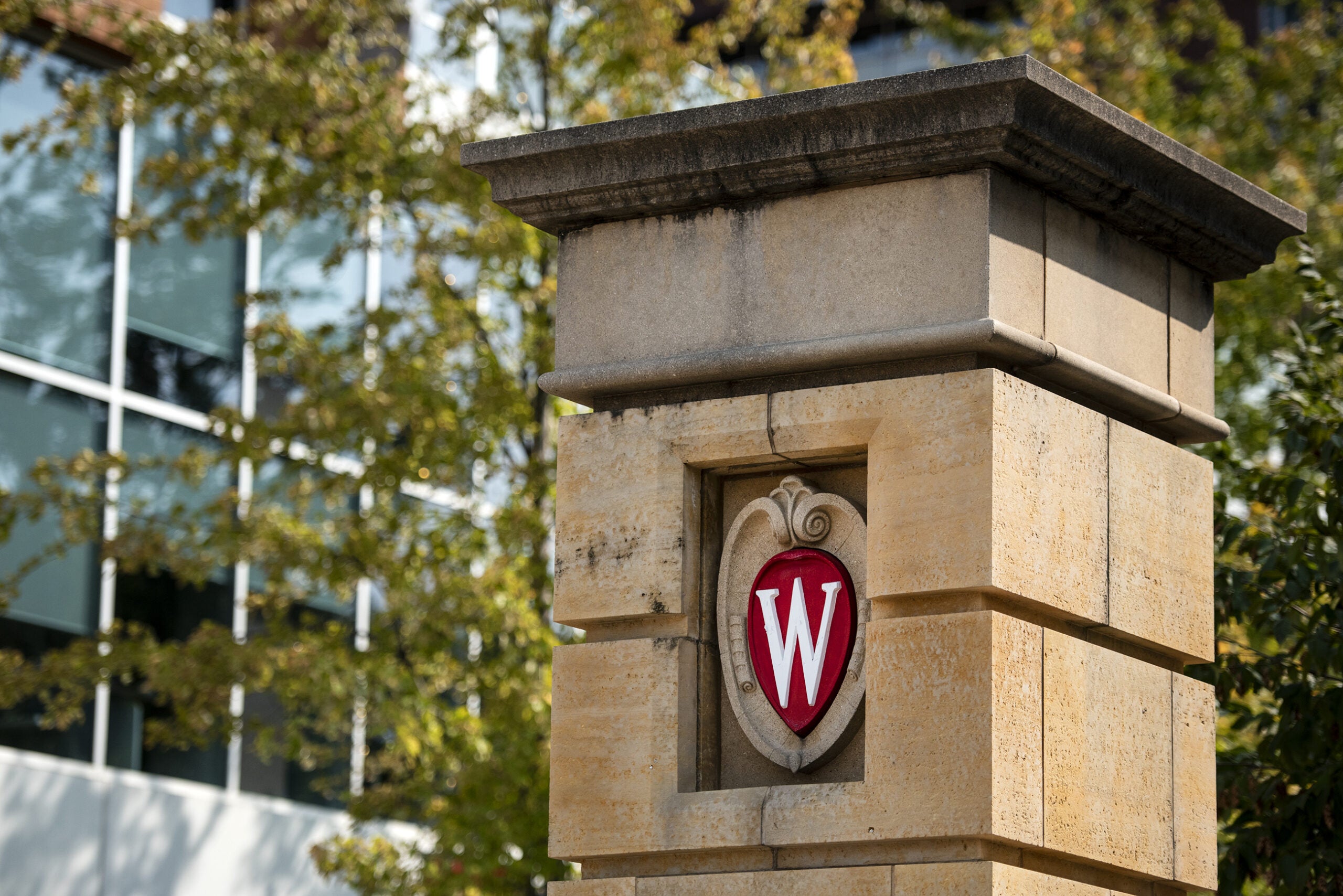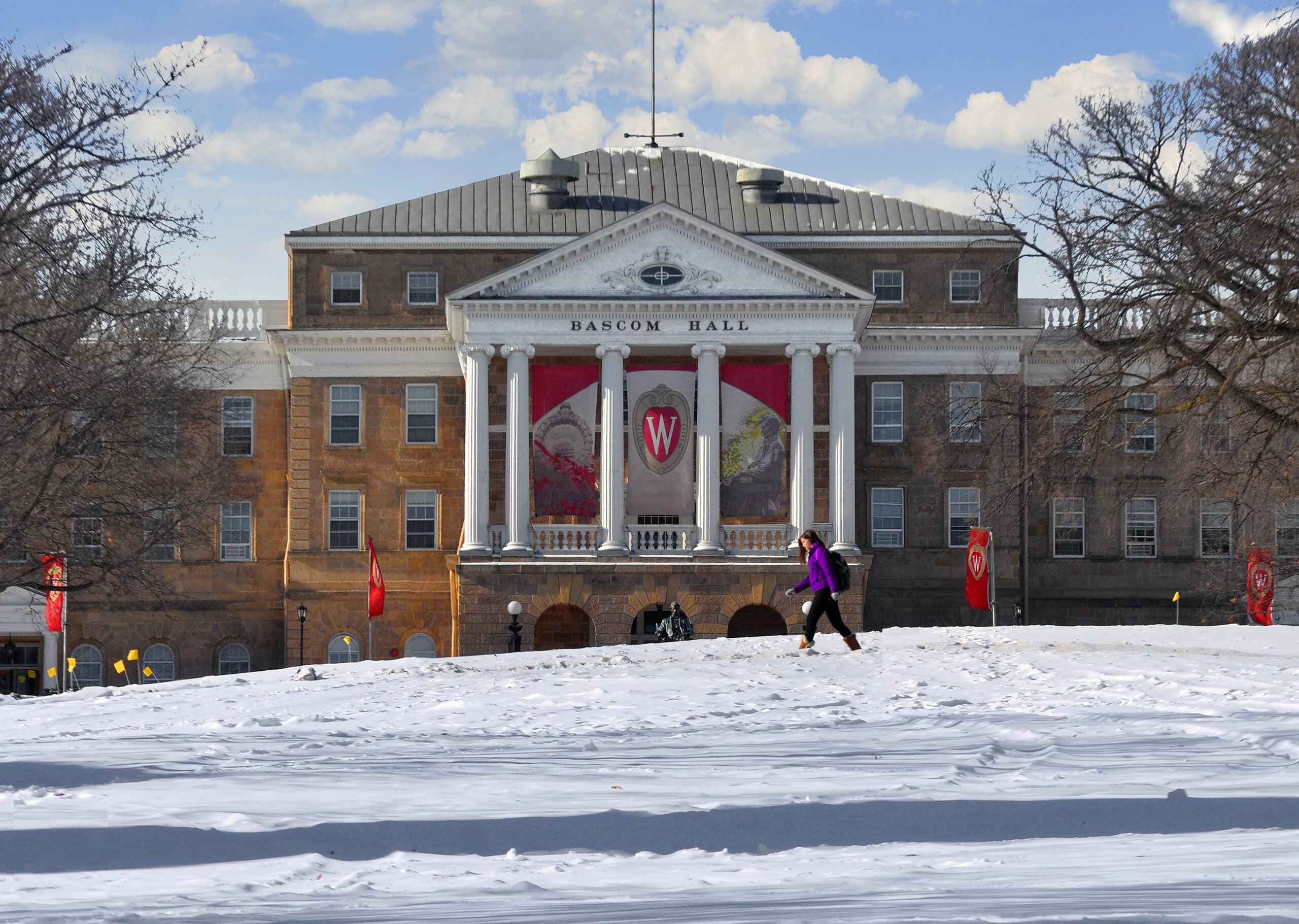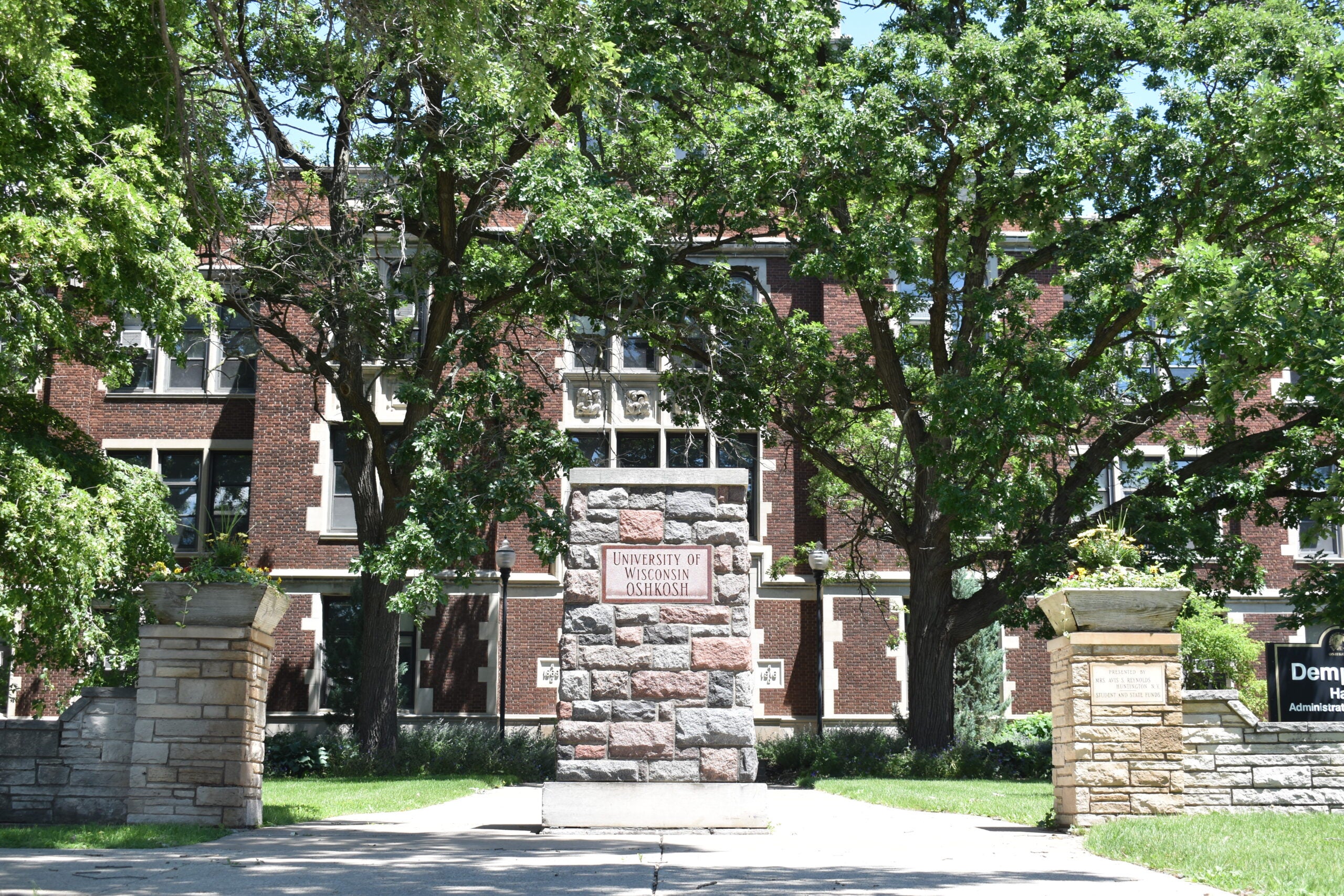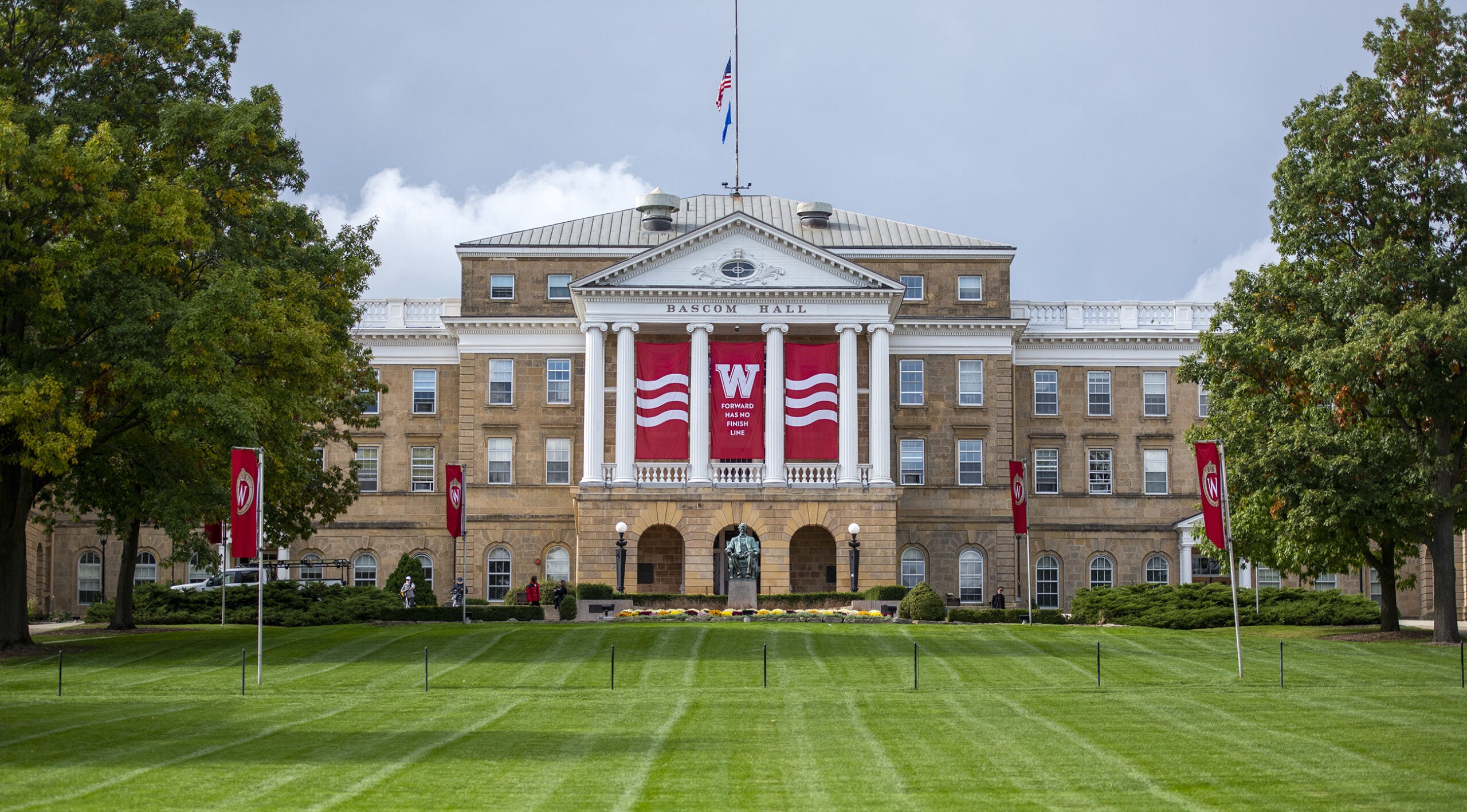The state Legislature could consider several proposals to revamp the Universities of Wisconsin system, including spinning off the University of Wisconsin-Madison and increasing tuition.
Since July, a legislative committee has been meeting to look at the future of the state’s public university system.
The result is nearly two dozen proposals that range from limiting programs offered at UW campuses to eliminating the UW-Madison chancellor position.
Stay informed on the latest news
Sign up for WPR’s email newsletter.
On Thursday, the legislative committee met for several hours to go over the proposals and decide which ones to forward onto the Legislature for further discussion.
Members used paper ballots to vote on which proposals they supported. A report will be compiled by the Joint Legislative Council with the results.
Committee member Robert Venable, a 1986 UW-Madison graduate and CEO of the Chicago-based company Miami Corporation Management, said disruption to the UW system is happening.
“Some of these changes, it feels disruptive, but I think we’re past that point,” Venable said. “We can wish it was the same, but we need to adapt and get in front of this stuff so the state gets the best it can out of our higher ed system and its students.”
Any change to the UW system’s structure requires legislative approval. That would happen when the session begins next year.
The 18-member committee includes two Democratic lawmakers, two Republican lawmakers and 14 others.
Several members have said they support spinning off UW-Madison as a way to lift up the other campuses and allow the flagship university to compete on a more national level.
But Chancellor Jennifer Mnookin and system President Jay Rothman are opposed to the idea.
A letter submitted to the committee on Thursday, by the UW Office of Government Relations, said the UWs are better and stronger together.
“Additional governance structure and bureaucracy would not improve affordability and access,” the letter states. “On the contrary, it would increase costs and decrease efficiency due to the separation of shared services throughout UW-Madison and the other UW universities.”
Sparks fly during UW system budget discussions
In August, Rothman announced the UW system would ask the Legislature for an $855 million budget increase in the next two-year budget.
Rothman said the funding bump is necessary so Wisconsin can shed its ranking of 43rd of 50 in public funding for universities.
By comparison, Illinois ranks first, Michigan ranks third, Iowa ranks ninth and Minnesota ranks 10th.
Just 17.7 percent of the university system’s funding comes from state taxpayers. The rest comes from tuition, fees, donations, grants and federal contracts — nearly 40 percent of the universities’ revenue comes from a combination of student tuition and fees for things like housing.
Committee Chair Rep. Amanda Nedweski, R-Pleasant Prairie, kicked off Thursday’s meeting by handing out a report called “Myth Busters: The Importance of Transparency and Accountability in Rebuilding Trust.”
The report was compiled by Sen. Duey Stroebel, R-Cedarburg, who is not on the legislative committee.
Nedweski said the repeated claim that the UW system ranks 43rd in the nation is “intentionally misleading.”
She said it is closer to 22nd or 26th.
“This statement literally blames taxpayers for the fiscal shortcomings that are the result of revenue loss due to declining enrollment, which is not their fault,” Nedweski said. “So the UW system has a revenue problem. It’s not the responsibility of the taxpayer and the people of Wisconsin to make up for that loss, and to say, we need to continue funding the universities at the same level when they have less students.”
Sen. Chris Larson, D-Milwaukee, pointed out that Nedweski’s numbers included the Wisconsin Technical College System, which is not part of the UW system and receives higher taxpayer support, changing her average.
“I run marathons, I can’t just throw in my 5K so I can qualify for Boston,” Larson said. “Putting this partisan document together to kick off this last meeting is frustrating. You go through and myth bust, but then you do an apples to oranges comparison.”
Nedweski also told the committee UW-Madison is the only school in the system that is worth attending because those students earn more than graduates of other campuses.
UW-La Crosse Provost Betsy Morgan said she took issue with that claim. She said students choose regional universities because they want to stay in the region.
“Madison has many more graduate degrees, and we also pay less in rural areas,” Morgan said.
Morgan asked the committee to consider the complexities about many of the issues before them.
For example, data showing students don’t “need” four year degrees doesn’t mean employers don’t prefer more education, she said.
“We know a lot of what our employers want, what kind of qualities they want in our students, what kind of curriculum they want, because that’s what we’re in the business of doing,” Morgan said. “Our business is providing a good, solid liberal arts education to students, technical training when needed. That is our business to say, ‘Let’s try to provide the highest quality we can and pay a lot of attention to all of our constituents.’”
According to the U.S. Bureau of Labor Statistics, the national median weekly earnings for high school graduates was $916, compared to $1,541 a week for those with a bachelor’s degree and $1,897 for those with an advanced degree.
The idea of spinning off UW-Madison is not new. Former Governor Scott Walker floated the idea in 2011, which was supported by UW’s Chancellor Biddy Martin, but the plan did not move forward.
Walker proposed cutting $300 million from the UW system in 2015 and creating a “UW Authority” to give the regents more power on budgeting decisions. Lawmakers did not support the proposal.
Wisconsin Public Radio, © Copyright 2025, Board of Regents of the University of Wisconsin System and Wisconsin Educational Communications Board.





